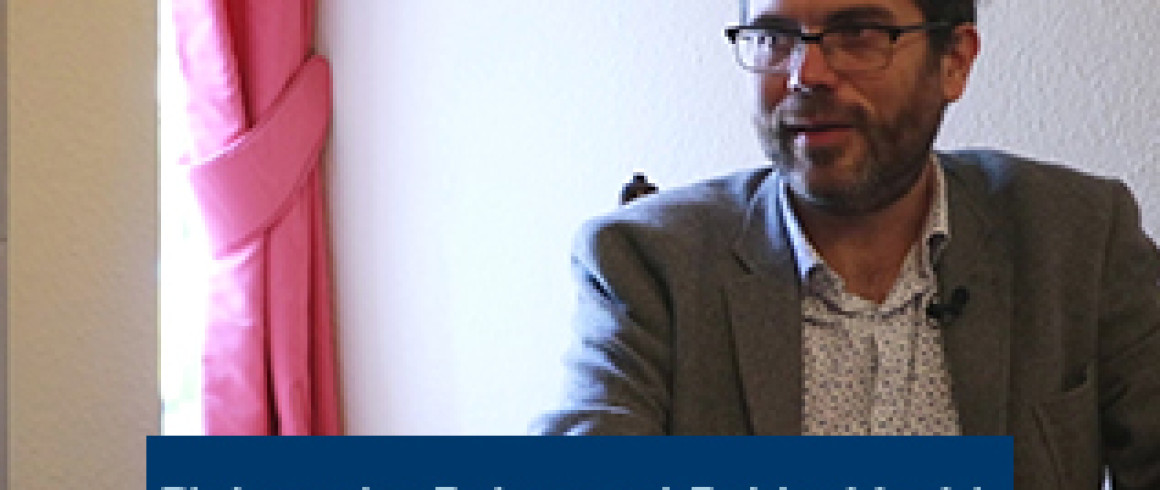Public Health, Policy, and Philosophy with Dr Stephen John
Science and Philosophy, to a casual eye, might seem to belong in firmly different parts of the academic spectrum. The importance of well-informed public health policy and the value of philosophical questions about consent and harm for example, are obvious but probably, one might think, disconnected. Dr Stephen John works in the area where the two intersect, and he explained just how closely connected they are.
The question ‘should we detect cancer as early as science allows?’ seems to invite only one answer; an emphatic yes. Reality is rarely so simple, and through philosophy Dr John explores and makes sense of the complexities behind the question. Testing for earlier and earlier signs may, in some cases, leave to false positives and unnecessary treatment. But, one might then argue, don’t we inform people about this risk, about the statistical likelihood that their treatment is unnecessary? If people consent, then the problem is solved.
However, Dr John explained, there are some fundamental philosophical questions coming into play here. First: the question of harm. If an individual receives treatment, the only outcome we can be sure of is the one that results from that treatment. There is no way to say, with complete certainty, that had they not had treatment they would not have developed cancer. So whilst the statistics may say that a certain percentage of mastectomies, for example, are unnecessary, it is impossible to tell an individual woman if her surgery was unnecessary. Perhaps the solution is to be up front about this, and allow people to consent to such a risk?
But then consent is another tricky philosophical area. Consent must be informed to be meaningful, but to be informed one must know one’s own risk - in this case, the risk of cancer. But philosophers of statistics and probability believe that there is no one objective risk; risk is subject relative to the reference point. For example: risk of cancer as a certain gender, age, or ethnicity. So can one be truly informed about risk?
The next step is to draw back from these fundamental philosophical questions about harm, risk, and consent, and try to find an answer to the policy-oriented question of whether certain tests should be used to try and detect risk of cancer. Philosophers like to disagree, says Dr John, and some might argue that offering a set of possible answers is as far as Philosophy can go. He does, however, hope to find an answer as his research continues.
The full interview with Dr Stephen John is below:
https://www.youtube.com/watch?v=M12diXgIFI4
